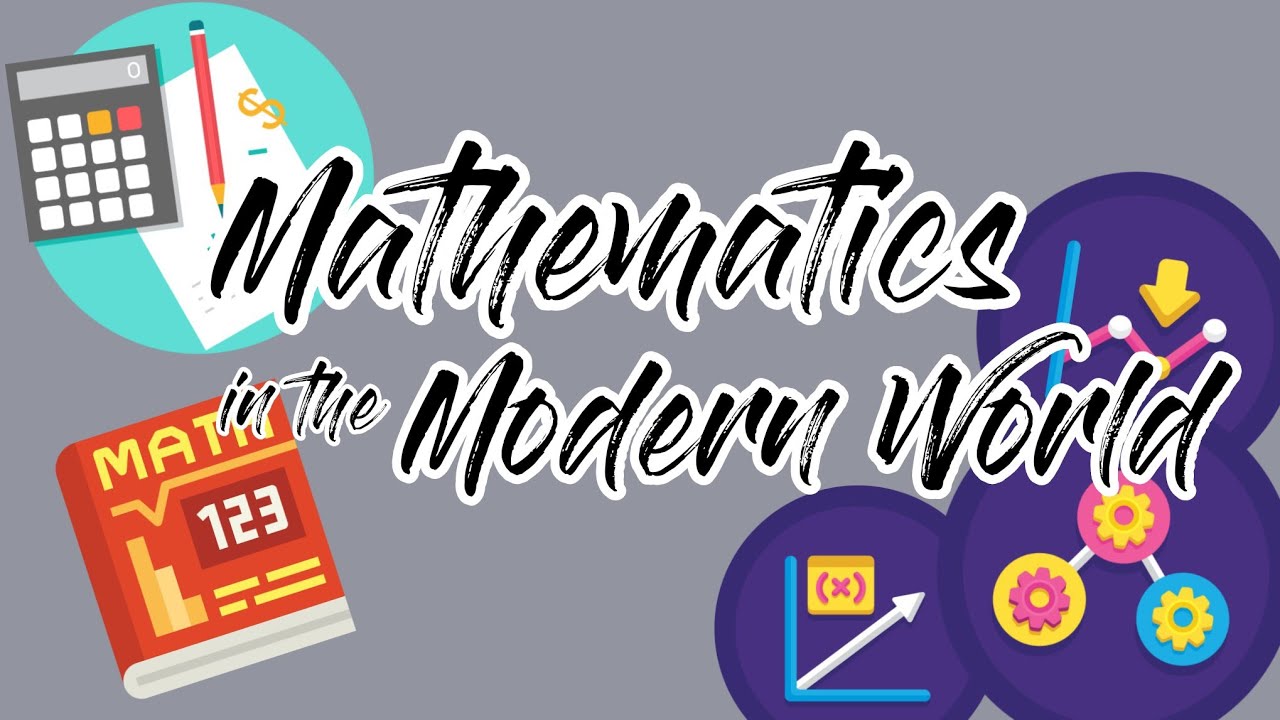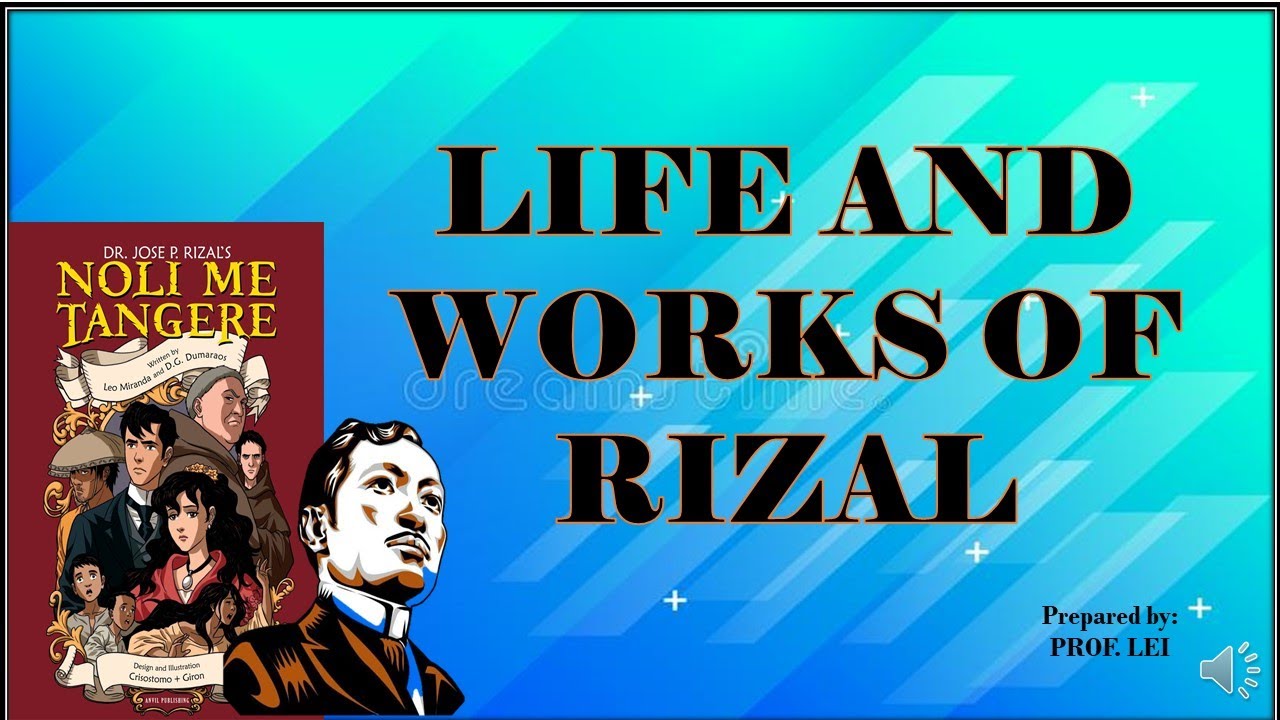This course deals with nature of mathematics, appreciation of its practical, intellectual, and aesthetic dimensions, and application of mathematical tools in daily life.
The course begins with an introduction to the nature of mathematics as an exploration of patterns and as an application of inductive and deductive reasoning. By exploring these topics, students are encouraged to go beyond the typical understanding of mathematics as merely a set of formulas but as a source of aesthetics in patterns of nature, for example, and a rich language in itself governed by logic and reasoning.
The course then proceeds to survey ways in which mathematics provides a tool for understanding and dealing with various aspects of present-day living, such as managing personal finances, making social choices, appreciating geometric designs, understanding codes used in data transmission and security, and dividing limited resources fairly. These aspects will provide opportunities for actually doing mathematics in a broad range of exercises that bring out the various dimensions of mathematics as a way of knowing, and test the students' understanding and capacity.

This course emphasizes about globalization which is a thriving topic today.The students need to know how globalization can help us understand themselves , their experiences, communities, country and their culture.This course familiarizes students with the principles and central ideas of important globalization theories that they are likely to encounter in their social science discipline.
Course Description:
This course introduces to students the basic skills, strategies and rules of arnis. It introduces the development of the specific skills of traditional fundamental techniques of striking, blocking and its application and fighting strategies in the form of exercises. It also covers different stances, stick exercises and basic exercises that develop the relax action, agility, flexibility, speed and endurance. It develops movement, which contributes to an all-around physical development. Special training courses for defense and offense techniques for law enforcers.
Deskripsyon ng Kurso:
Sumasaklaw sa masusing pag-aaral sa masining, mabisa at matatas na paggamit ng wikang Filipino na pinakainstrumento sa pagpapahayag. Sumasaklaw ito sa maangkop at masining na pagpili ng mga salitang gagamitin ayon sa dalawang anyo ng pagpapahayag: pagsasalaysay, paglalarawan, paglalahad at pangangatwiran. Lilinagin dito ang kakayahan at kahusayang pangkomunikatibo ng mga mag-aaral sa pagdidiskursong pasulat man at/o pasalita.
Course Description:
Art appreciation Is a three-unit course that develops ability to
appreciate, analyze and critique works of art. Through interdisciplinary multimodal approaches, this
course equips students with a broad knowledge of the practical, historical,
philosophical, and social relevance of the arts in order to hone student’s ability to articulate their understanding of the arts. The course also develops student’s competency in
researching and curating art as well as conceptualizing, mounting, and evaluating art productions. The course aims to develop student’s
genuine appreciation for Philippine arts by providing them opportunities to explore the diversity
and their rootedness in Filipino Culture.
Course Description:
Principles of ethical behavior in modern society at the level of the person, society, and interaction with the environment and other shared resources. Mga simulain ng ugaling pang- etika sa makabagong lipunan sa antas ng pantao at panlipunan at sakaugnayan ng mga ito sa kalikasan at sa ibang kolektibong yaman.
This course deals with the study of formal and informal components of the Criminal Justice System of the Philippines. It covers the respective mandates, processes, and interrelations in the administration of criminal justice, and other forms of justice system.

As mandated by Republic Act 1425, this course covers the life and works of the country’s national hero, Jose Rizal. Among the topics covered are Rizal’s biography and his writings, particularly the novels Noli Me Tangere and El Filibusterismo, some of his essays, and various correspondences.
